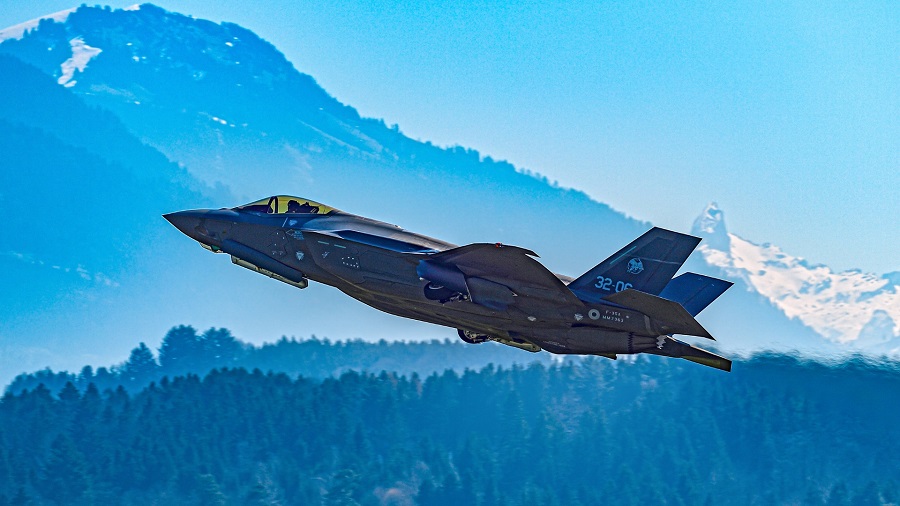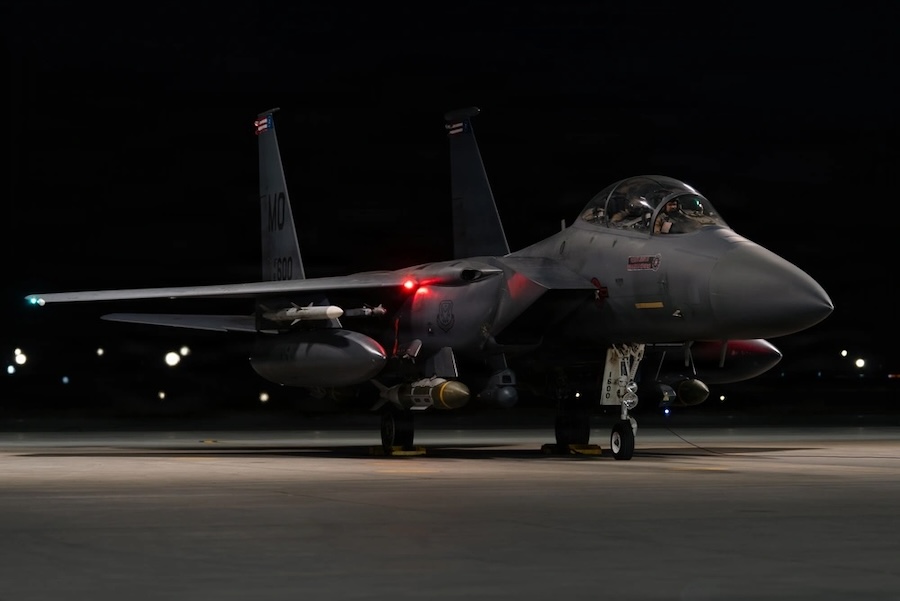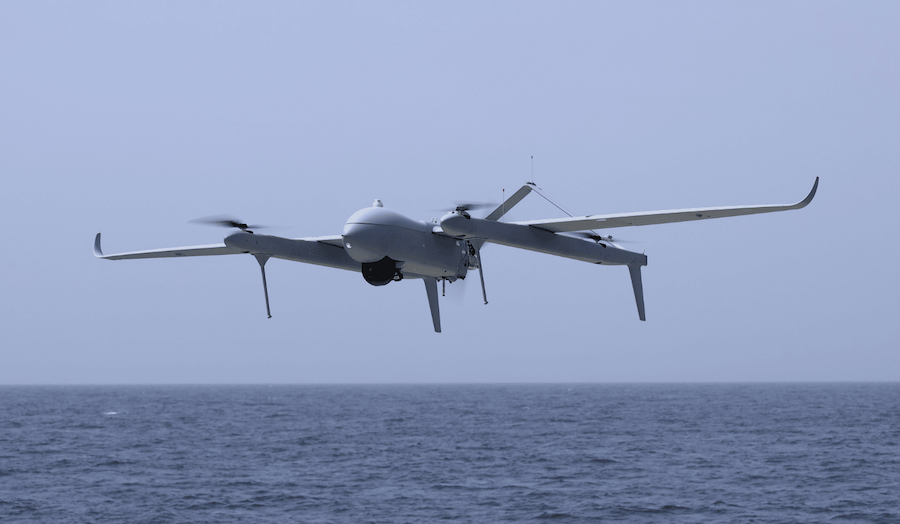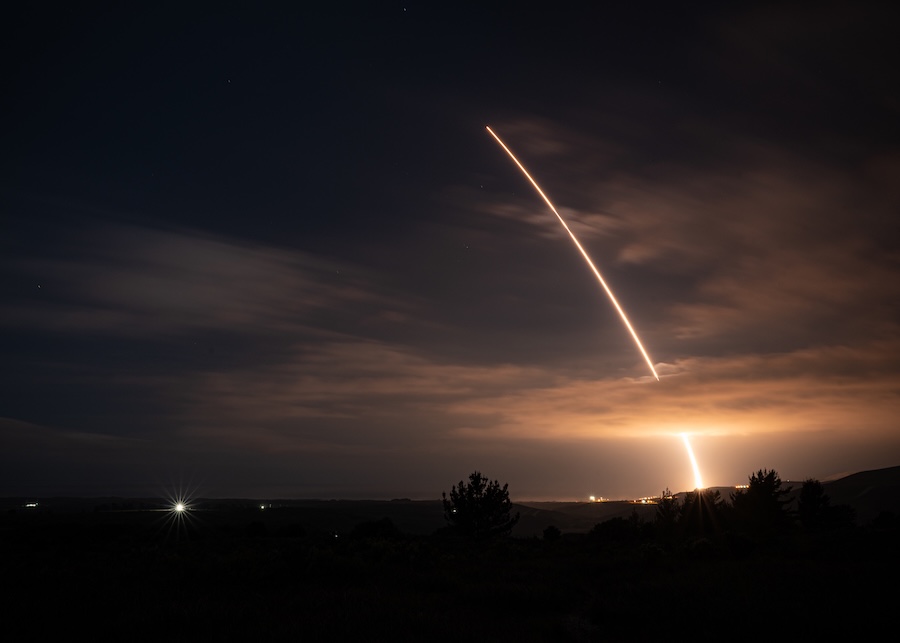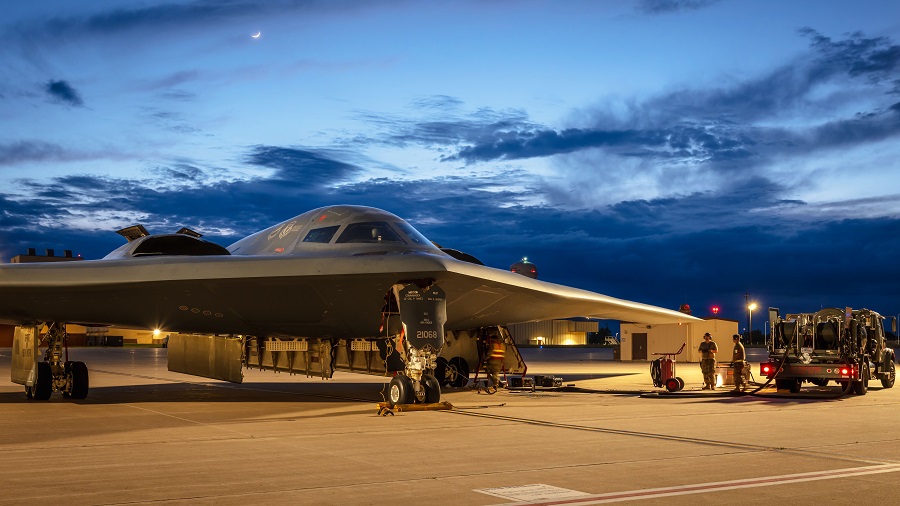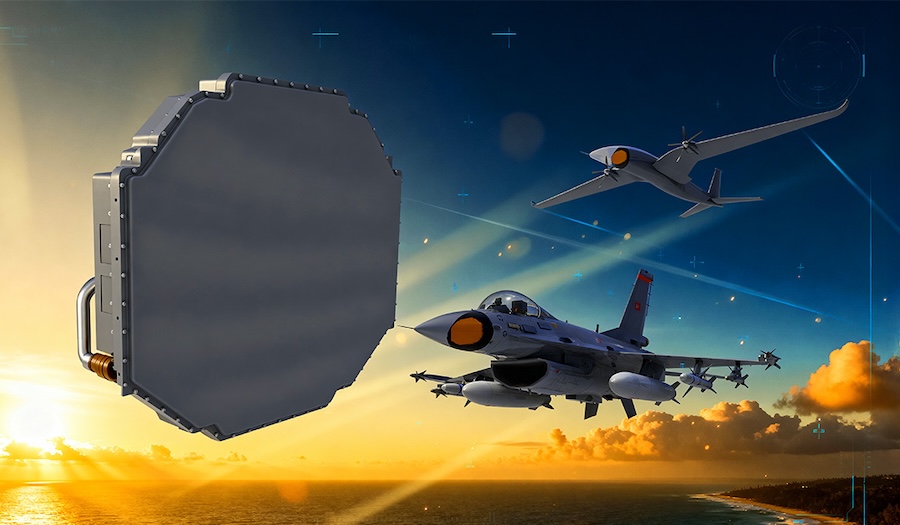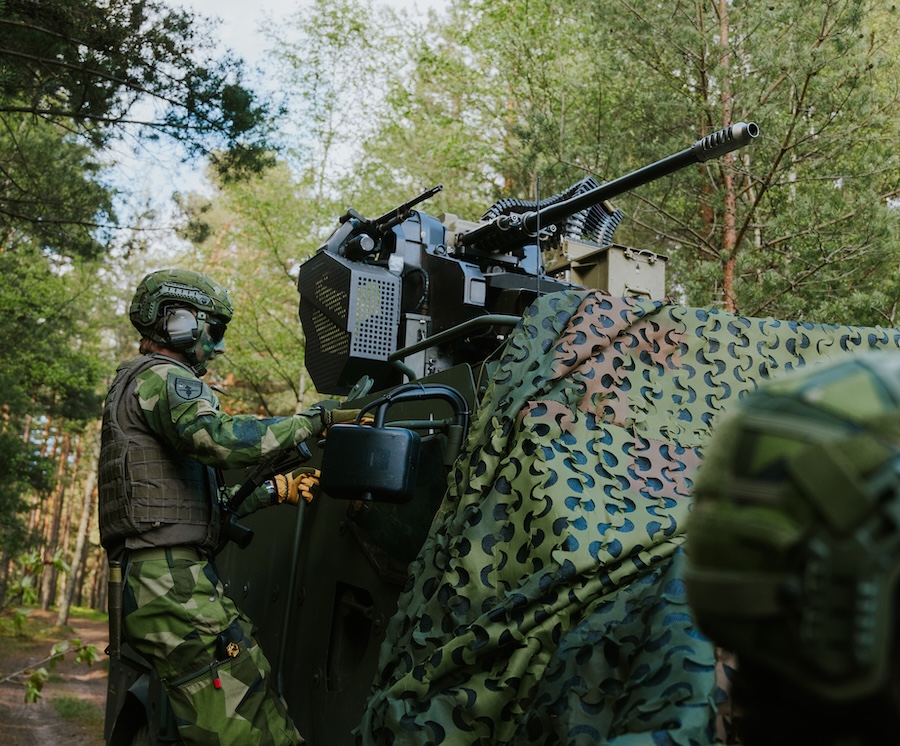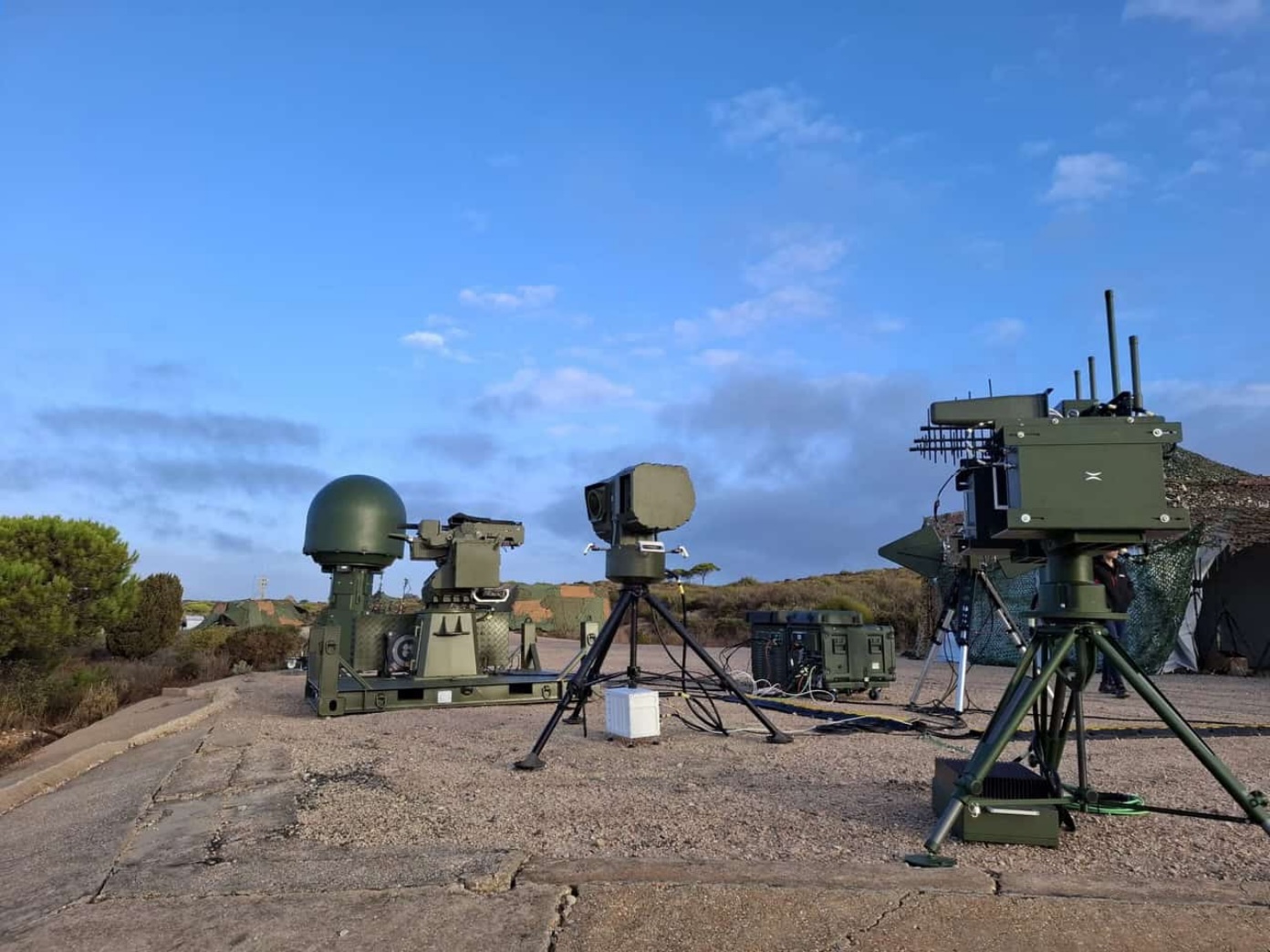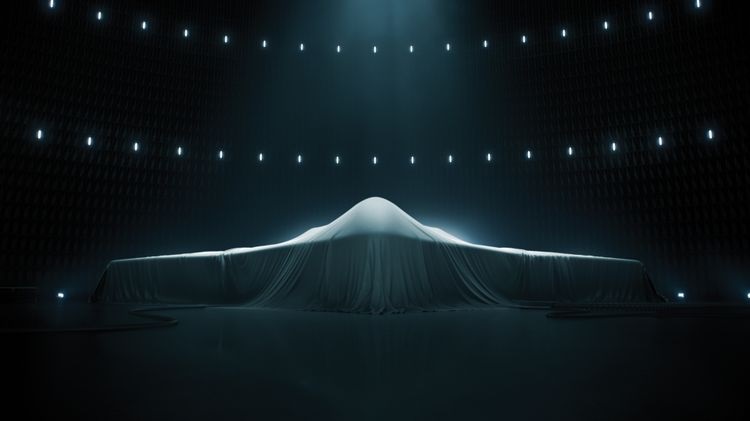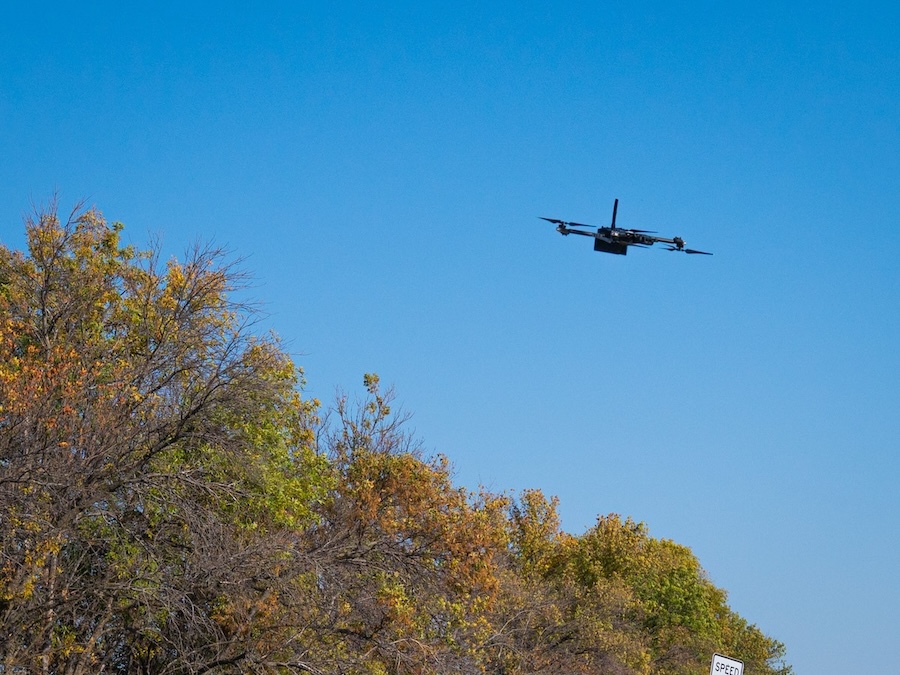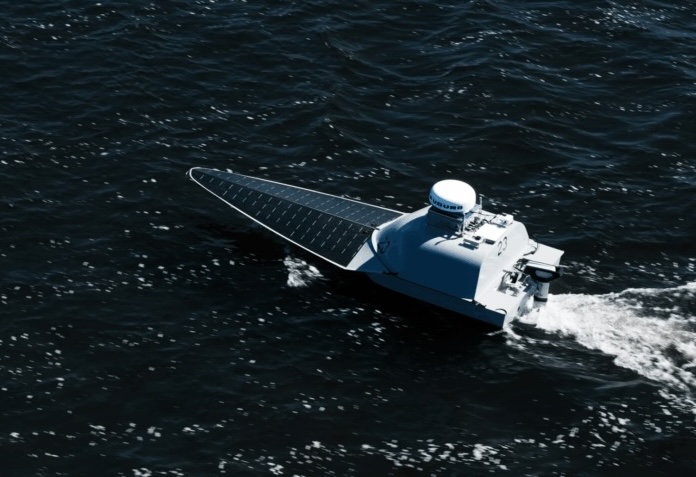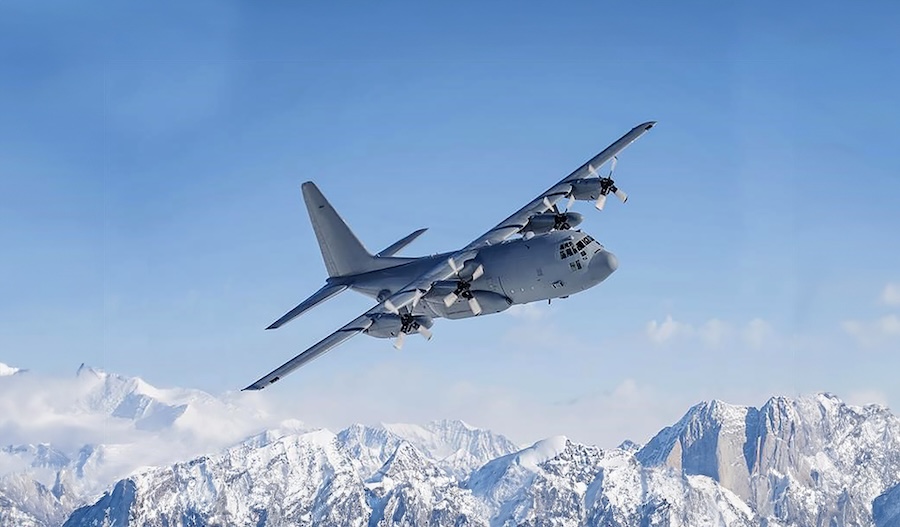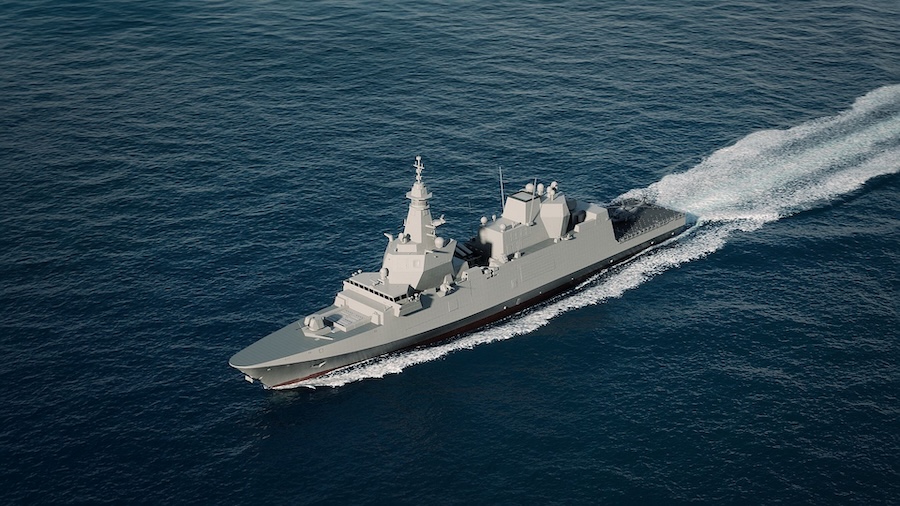Officials from the Switzerland’s Department of Defence, Civil Protection and Sport (DDPS) have been in talks with Washington for months, claiming Bern had secured a fixed price of 6.035 billion Swiss francs ($6.25 billion) for 36 F-35As in September 2022. The U.S. denies this was a fixed deal and has requested more money, citing a “sharp rise in raw material and energy prices” that Swiss officials say could increase costs by up to 1.3 billion Swiss francs ($1.6 billion).
The government confirmed that discussions during the summer made clear “that the USA is not prepared to deviate from its position.” The issue was also raised by DDPS Minister Martin Pfister in a conversation with U.S. Defence Secretary Pete Hegseth, but without result.
Although Switzerland remains committed to the F-35A, the DDPS has been instructed to “intensify work on various options,” with recommendations due by November. A working group led by Maj. Gen. Christian Oppliger, the future air force commander, will “critically validate the assumptions made at the time and reassess the equipment objectives pertaining to air defence, taking into account the security and financial policy situation.”
Speaking after the announcement, Pfister suggested possible solutions, including reducing the number of aircraft or seeking partial compensation through offset deals with Lockheed Martin. “We must find ways to deal with the additional costs,” he said.
The DDPS also published legal opinions from Swiss firm Homburger and US-based Arnold & Porter, both arguing that the F-35 sale contract is fixed in price. Homburger stated that the US government would procure and resell the aircraft to Switzerland at the same fixed price, while Arnold & Porter noted that the contract “contain special provisions that state the aircraft will be provided for the stated firm fixed price.”
The price dispute is not linked to the 39% tariffs imposed on Switzerland, though critics are expected to use both issues to renew calls to cancel the deal. Several left-wing lawmakers have already suggested abandoning the F-35 programme altogether.
Government ministers warn that cancellation would leave Switzerland unable to safeguard its airspace after 2032, when its Boeing F/A-18 fighters retire. The older Northrop F-5 Tiger fleet is already scheduled for withdrawal by 2027.
The F-35 was selected after outperforming the Dassault Rafale, Eurofighter Typhoon and F/A-18E/F Super Hornet in evaluation trials, particularly in effectiveness, support, cooperation and cost. However, the decision has been divisive, with a 2020 referendum approving the purchase of new fighters by just 50.1%. A later campaign to block the F-35 deal failed to secure enough signatures.
Source: Aviation Week.


